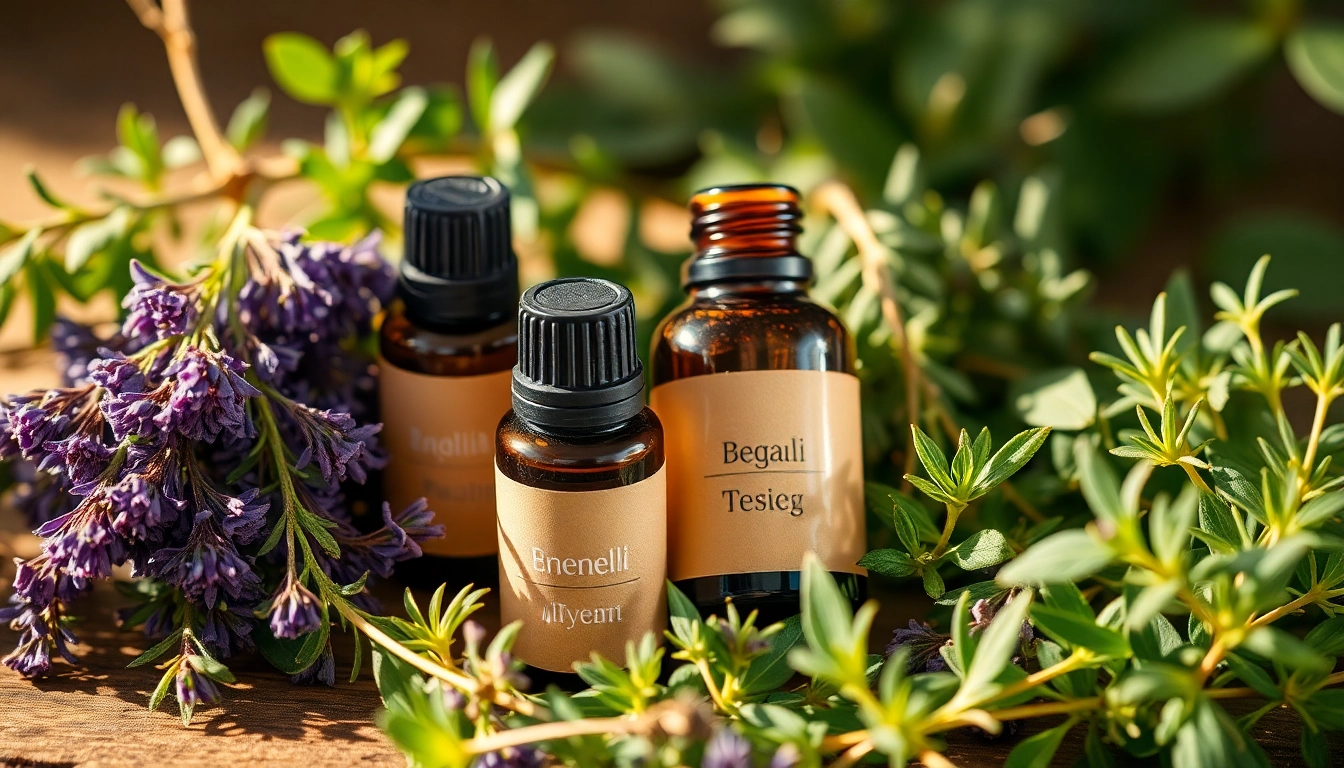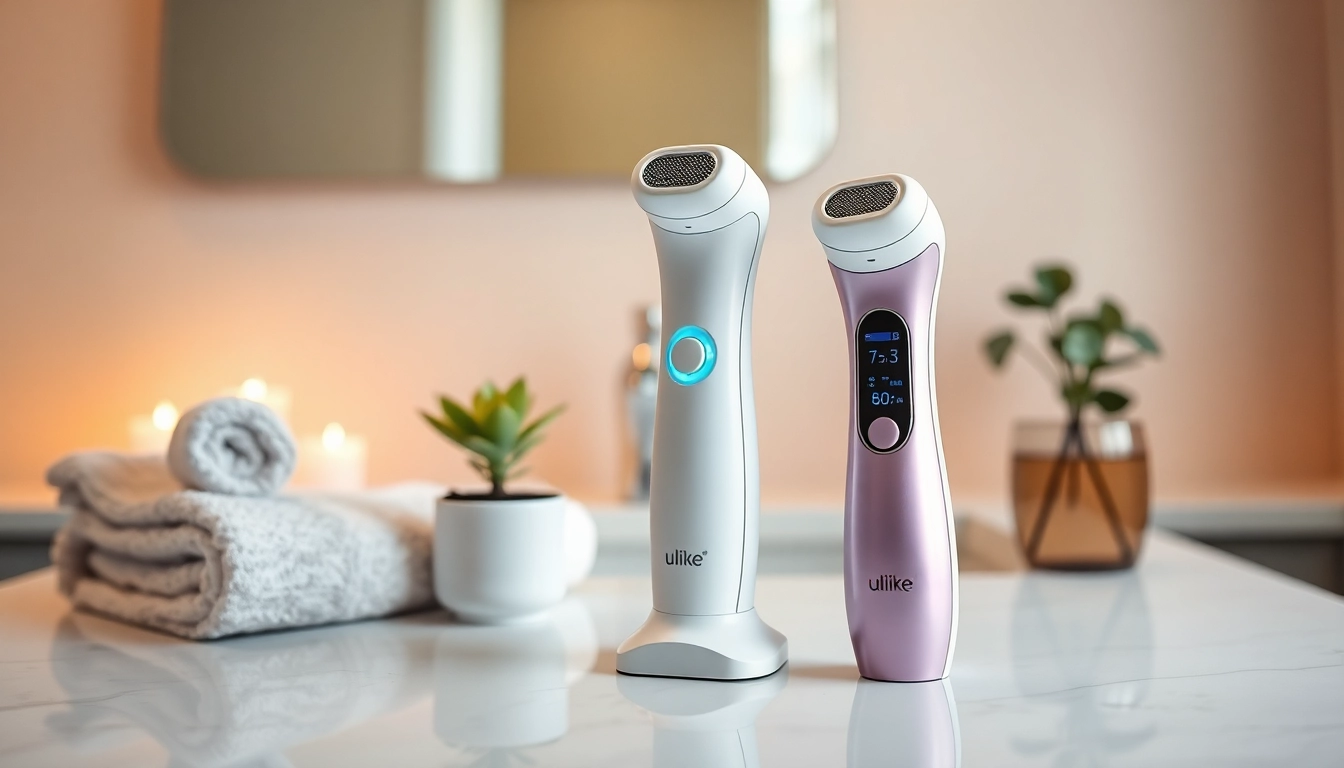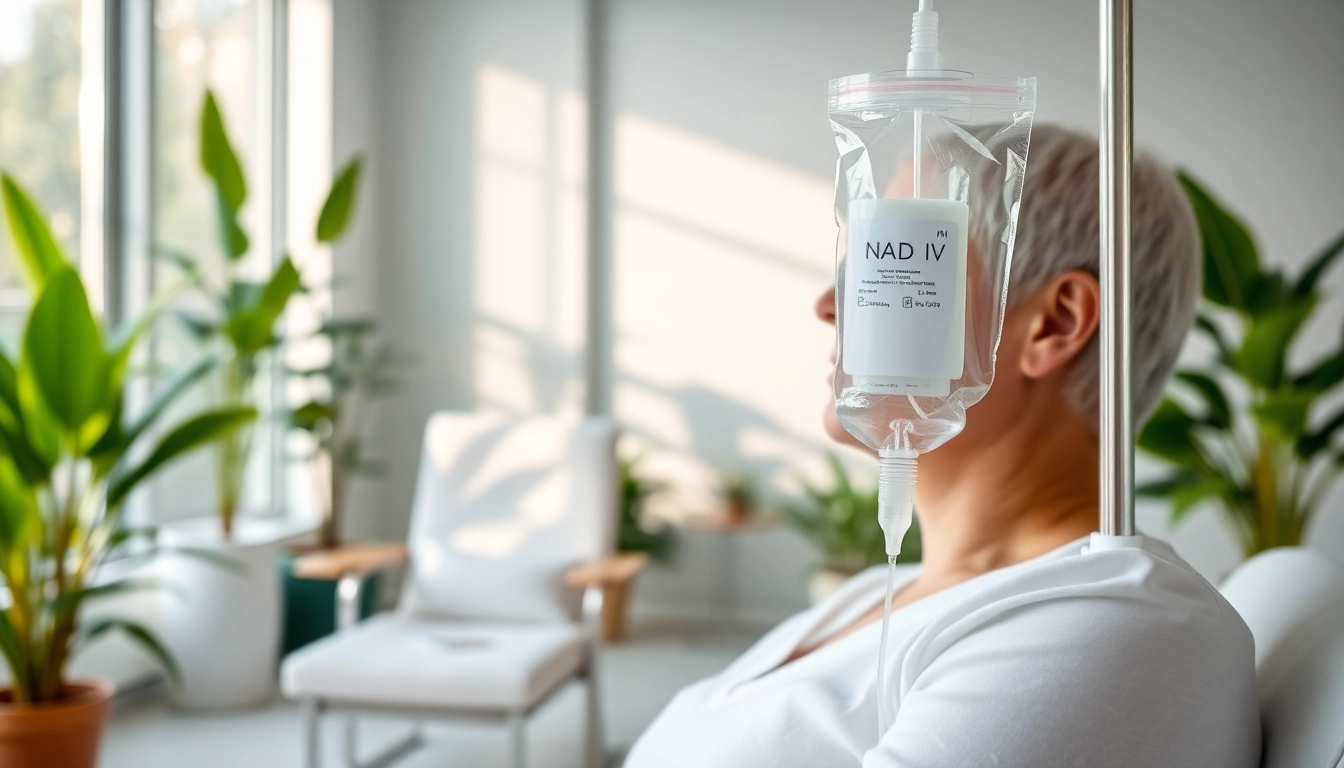Understanding Essential Oils
What Are Essential Oils?
Essential oils are concentrated plant extracts that capture the natural aroma and beneficial properties of the source plant. Derived through various extraction methods, including steam distillation and cold pressing, these oils are rich in compounds that provide not only fragrant experiences but also therapeutic benefits. Each essential oil has its own unique composition, which is what gives them their distinctive scent and properties. For example, lavender essential oil is known for its calming effects, while peppermint offers invigorating qualities. These versatile oils have gained popularity over the years, finding their place in Aromatherapy, skincare, and natural health remedies. You can discover more about the benefits of essential oil applications tailored to your wellness needs.
How Essential Oils Work in Aromatherapy
Aromatherapy is a holistic healing treatment that uses essential oils to promote physical and emotional well-being. When inhaled, the aromatic molecules enter the nasal cavity, where they stimulate the olfactory system and send signals to the brain, often impacting emotions and mental clarity. This method of application is why essential oils are effective in various situations, like stress relief or mood enhancement. Additionally, some oils absorbed through the skin can help balance the body’s energies, improve circulation, and promote healing. The interaction between the oils and our olfactory receptors unlocks pathways to emotional and physical healing, contributing to a nuanced sense of well-being and health.
The Benefits of Using Essential Oils
Utilizing essential oils can provide a range of benefits, both physically and emotionally. Physically, the antimicrobial and anti-inflammatory properties found in certain oils can assist in treating common ailments such as headaches, respiratory issues, and digestive disturbances. Emotionally, essential oils are esteemed for their ability to alleviate stress, anxiety, and even mild depression. By creating a calming atmosphere, oils like chamomile and bergamot can enhance relaxation and foster a positive mood. Moreover, they can enhance focus and mental clarity, making oils such as rosemary and lemon perfect companions for study or work sessions. With the right oils, users can cultivate a safer, healthier, and more vibrant lifestyle.
Types of Essential Oils and Their Uses
Popular Essential Oils and Their Properties
Many essential oils are popular not only for their aromas but also for their diverse therapeutic properties. Here is a look at some commonly used essential oils and their primary benefits:
- Lavender: Known for its calming effects, lavender is often used for anxiety reduction and improving sleep quality.
- Peppermint: Offers a refreshing aroma, helpful for headaches and provides digestive support.
- Tea Tree: Renowned for its antiseptic properties, making it excellent for skincare applications.
- Frankincense: Aids in reducing stress and anxiety while promoting deep meditation.
- Sweet Orange: Provides uplifting and energizing effects, ideal for mood enhancement.
- Eucalyptus: A powerful respiratory aid that can help clear congestion and promote easy breathing.
When choosing an essential oil, understanding its properties can help you make informed decisions tailored to your wellness objectives.
How to Choose the Right Essential Oil for You
Choosing the right essential oil can sometimes feel overwhelming due to the vast array of options available. Consider these factors:
- Intended Use: Identify the purpose you want the oil to serve. Are you seeking relaxation, mental clarity, or relief from physical discomfort?
- Scent Preference: Each essential oil has a distinct aroma. Select oils that appeal to your olfactory senses, as this will enhance your experience.
- Quality: Opt for pure oils free from synthetic additives. Look for organic or therapeutic-grade essential oils for the best quality.
- Consultation: If you have specific health conditions, consult with a healthcare professional or certified aromatherapist to ensure you are selecting oils suitable for your needs.
Taking the time to understand these factors can lead to a more satisfying and effective essential oil experience.
Application Methods for Essential Oils
There are several methods for applying essential oils effectively:
- Inhalation: Use a diffuser or simply inhale the scent directly from the bottle for instant relaxation and mood enhancement.
- Topical Application: Mix essential oils with a carrier oil, like coconut or jojoba, and apply to your skin. This is particularly useful for localized pain relief and skincare therapies.
- Bathing: Add a few drops of essential oil to your bathwater for a soothing experience that promotes relaxation.
- Massage: Combining essential oils with carrier oils during massages can enhance the benefits of both the oils and the massage techniques.
Each application method has its own set of benefits, so it may be worthwhile to experiment with different approaches to find what works best for you.
Safety and Precautions When Using Essential Oils
Recognizing Potential Allergies
Before using essential oils, it’s crucial to recognize that some individuals may be allergic to specific plant extracts. Always conduct a patch test before applying a new oil to a larger area of your skin. To perform a patch test, dilute one drop of essential oil in a small amount of carrier oil and apply a small amount to your inner wrist or elbow. Observe for 24 hours for any adverse reactions, such as redness, itching, or irritation. If no reaction occurs, the oil is likely safe for use.
Dilution Techniques for Safe Use
Many essential oils are potent and can cause skin irritations if used undiluted. To ensure safe usage, it’s recommended to dilute essential oils with a carrier oil. The general rule of thumb is to use a dilution ratio of 2% for adults, which equates to approximately 12 drops of essential oil per 1 ounce (30ml) of carrier oil. For children and sensitive skin, a lower dilution of 1% is advisable. Always consult reputable sources or trained professionals for guidance on appropriate dilutions for specific oils.
Storage and Shelf Life of Essential Oils
Proper storage of essential oils is vital to maintain their potency and effectiveness. Essential oils should be stored in dark glass bottles, away from direct sunlight, heat, and moisture. Most essential oils have a shelf life of 1-3 years; however, citrus oils may lose potency more quickly due to their inherent nature. To extend the life of your essential oils, label the bottles with their purchase date and ensure the caps are securely closed after use. Regularly inspect your oils for any changes in smell, color, or consistency to determine whether they are still usable.
Integrating Essential Oils into Daily Life
Essential Oil Recipes for Home Use
Incorporating essential oils into your home can enhance the atmosphere and promote a sense of well-being. Here are a few recipes designed for practical application:
- Room Air Freshener: Combine 1 cup of water, 10-15 drops of your favorite essential oil (like lavender or lemon), and a tablespoon of vodka in a spray bottle. Shake well and mist around your home.
- All-Natural Cleaner: Mix 1 cup of vinegar, 1 cup of water, and 10-15 drops of tea tree oil in a spray bottle to create an effective surface cleaner.
- Relaxing Bath Blend: Mix 1 cup of Epsom salt, 10 drops of lavender oil, and 5 drops of chamomile oil. Add to your bathwater for an ultimate relaxation experience.
Using Essential Oils for Stress Relief
Essential oils can play a significant role in stress management. When facing overwhelming situations, consider diffusing calming oils such as lavender, frankincense, or bergamot. Many individuals also find success with inhalation techniques—simply inhaling the aroma directly from the bottle or using essential oil roll-ons on pulse points can provide immediate relief during anxious moments. Combining essential oils with mindfulness practices, such as deep breathing or meditation, enhances their effects and creates a peaceful atmosphere conducive to relaxation.
Incorporating Essential Oils in Skincare Routines
The beauty and skincare industry have widely embraced essential oils due to their numerous benefits. Incorporating essential oils into your skincare routine can improve skin texture, reduce inflammation, and promote a radiant complexion:
- Moisturizer Boost: Add a few drops of rose or geranium oil to your daily moisturizer for an added touch of nourishment.
- Spot Treatment: Mix one drop of tea tree oil with a carrier oil and apply directly to acne spots to harness the oil’s antibacterial properties.
- Facial Steaming: Add a couple of drops of eucalyptus or lemon oil to hot water and lean over the bowl with a towel over your head for a refreshing steam treatment.
With a little creativity and knowledge, essential oils can seamlessly integrate into your daily skincare practices.
Measuring the Impact of Essential Oils on Well-Being
Tracking Physical and Emotional Benefits
When incorporating essential oils into your lifestyle, it’s essential to track their impact on your physical and emotional health. Keeping a journal can be a valuable tool for reflecting on your experiences; note any changes in mood, well-being, or physical ailments you may notice over time. This self-discovery process will enhance your understanding of which oils work best for you, as individual experiences will vary based on personal preferences and body chemistry.
Essential Oils and Their Role in Meditation
Essential oils can significantly enhance meditation practices by creating an inviting atmosphere conducive to mindfulness. Oils like sandalwood and frankincense are popularly known for promoting grounding and centering effects, making them ideal companions during meditation sessions. Creating a ritual around oil use—such as applying a calming oil before commencing meditation, or diffusing oils during the session—can deepen the experience. Experiment with different scents to determine which oils resonate with your meditative practice, allowing you to explore a more profound sense of connection and focus.
Using Essential Oils for Improved Sleep Quality
For individuals struggling with sleep disturbances, essential oils may offer a natural solution. Scents like lavender, chamomile, and cedarwood are renowned for their sleep-inducing properties. Diffusing these oils in the bedroom an hour prior to bedtime can create a calming atmosphere, encouraging relaxation and facilitating better sleep. Additionally, consider incorporating a sleep spray made from water and a few drops of soothing oils to freshen up your linens. Consistency in application will yield the best results, as over time the association with these scents can train your body to recognize them as cues for restful sleep.














Leave a Reply